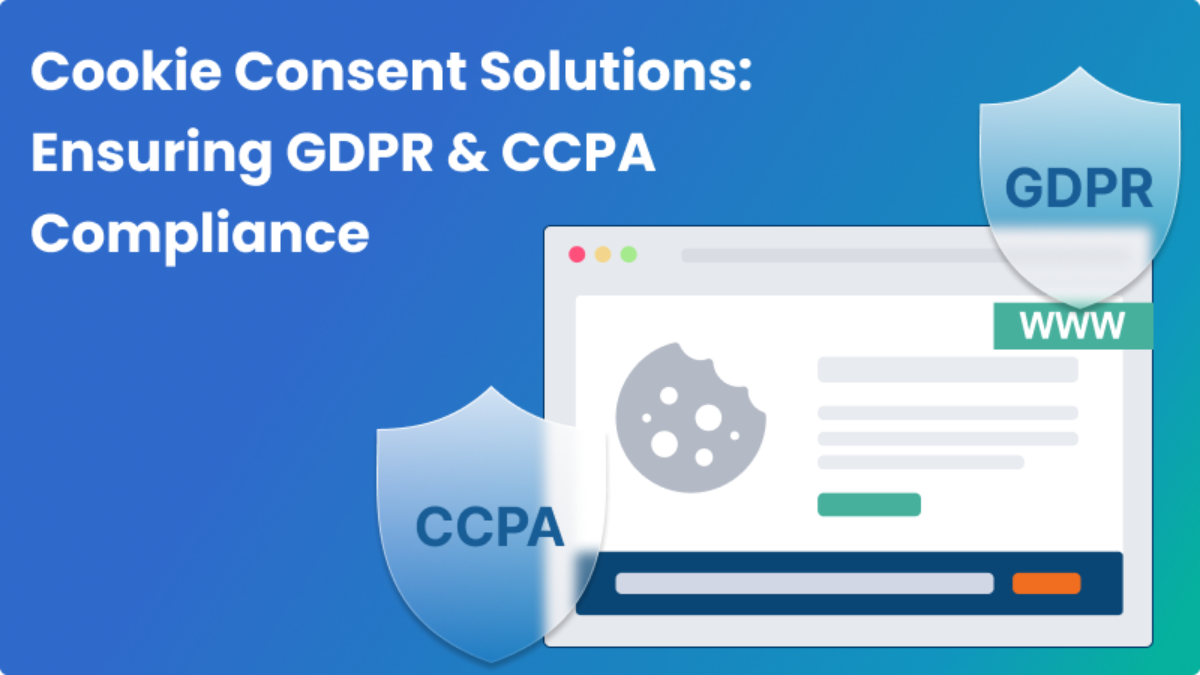What is Cookie Wall?

Cookie Wall Definition
A cookie wall allows websites to refuse users entry if they don’t consent to all the cookies and trackers present on the website. Cookie walls do not possess a button to reject the cookies. It prohibits the user from accessing the website if they do not accept the cookies.
Cookie technologies are crucial to many online businesses’ monetization strategies, especially digital content producers who use them to collect data and monetize ads. These tightening cookie regulations creates a lot of hardships for these publishers, especially the legislations that makes easier to reject cookies.
ICO Guidelines on Cookie Walls
UK’s regulatory authority Information Commissioner’s Office (ICO) clarified that cookie walls are inappropriate under certain circumstances. Websites cannot deny access to their ‘general content’ on that condition that users must accept the non-essential cookies. Access to specific website content may be made conditional on the well-informed acceptance of a cookie or similar device if it is used for a legitimate purpose.
However, when considering Recital 25, you should note that:
- ‘Specific website content’ implies that you should not condition ‘general access’ on users’ acceptance of non-essential cookies. You can only restrict traffic to specific content if the user refuses to accept it.; and
- The term ‘Legitimate purpose’ refers to facilitating the provision of an information society service – i.e., one that the user explicitly requests. This does not include third parties, such as analytics companies or online advertising services.
CNIL Guidelines on Cookie Walls
In June 2020, the French highest administrative court partially revoked the CNIL’s July 2019 guidelines concerning cookie walls. The updated October 2020 guidelines no longer prohibit cookie walls as a whole. Rather, the CNIL notes that cookie walls are unlikely to meet the threshold for proper consent under GDPR. However, the validity of such cookie walls should be reviewed on a “case by case” basis.
According to the Commission, consent is valid only when the individual can freely and validly exercise his choice and does not suffer severe disadvantages if the person withdraws his consent.
In this regard, the Commission recalls that the EDPB, in his “statement on the revision of the ePrivacy Directive and its impact on the protection of privacy and the confidentiality of electronic communications”, considered that the cookies walls, the practice of blocking access to a website or mobile application if someone does not agree to be tracked, do not comply with GDPR. According to the EDPB, in such a case users cannot refuse to use tracers without suffering negative consequences (in this case, the inability to access the site consulted).
Validity of Cookie Wall under GDPR
As per Article 4(11) of GDPR,
“Consent of the data subject means any freely given, specific, informed, and unambiguous indication of the data subject’s wishes by which he or she, by a statement or by a clear affirmative action, signifies agreement to the processing of personal data relating to him or her.”
As per this definition, Cookie walls are not GDPR compliant as they do not allow users to make a free choice about cookies.
EDPB guidelines on Cookie Walls
The EDPB updated its consent guidelines in May 2020 and clarified its stance on cookie walls:
According to the EDPB guidelines, cookie walls do not constitute valid consent since they are not freely given. Following explanation is given under the updated guidelines:

Cookie Paywalls
“Cookie Paywalls” offer the user an option to reject cookies, but only if they pay a fee. To use the website as a “free” user, you must “consent” to the use of tracking cookies. An alternative is to pay a subscription fee.
NOYB
NOYB filed complaints against the cookie paywalls of seven major German and Austrian news websites. In the statement, they question whether consent can be “voluntarily” given if you have to pay to keep your data.
To ensure your cookie consent solution is GDPR-compliant, it must present the user with a genuinely free choice. This means using a cookie banner or pop-up and avoiding presenting consent as an alternative to exorbitant payment.
Conclusion
Using Cookie Wall or Cookie Paywall can lead you to non-compliance. This consent cannot be counted as a freely given consent. To be compliant with privacy laws and gain customer trust, you must be transparent about the trackers and cookies used by your website and collect a free and informed consent. Professional Cookie Compliance Solution can help you achieve this easily.
FAQs
A Cookie Wall is a specific type of cookie consent mechanism that denies users access to a website unless they consent to all types of cookies. This contrasts with other mechanisms like Cookie Consent Banners, which allow users to select or deselect certain categories of cookies.
Cookie Walls are generally not considered compliant with data protection regulations like the GDPR in most circumstances. They are seen as not providing a genuine choice to users, which is a requirement for valid consent under GDPR.
Typically, Cookie Walls do not allow users to access content without accepting all types of cookies. However, there are some exceptions where access to a free service can be made conditional on accepting cookies, provided that the service provider offers an equivalent option that does not require the acceptance of cookies.
The main criticism of Cookie Walls is that they do not provide a genuine choice to users, which is a requirement for valid consent under GDPR. They can also lead to non-compliance with privacy laws and may impact user experience negatively.
Alternatives to Cookie Walls include Cookie Consent Banners and Consent Management Platforms, which allow users to select or deselect certain categories of cookies.
Cookie Walls can impact the user experience by halting or conditioning the user’s experience upon agreeing to terms. They can also lead to drop-offs in user numbers.
To ensure transparency and clarity when using Cookie Walls, businesses must understand cookie consent requirements, offer genuine choice, be transparent, and employ tools like Consent Management Platforms.
Cookie Walls cover a broad spectrum of cookies, from strictly necessary cookies required for a website’s functionality to marketing cookies designed to track consumer preferences for targeted advertising.














